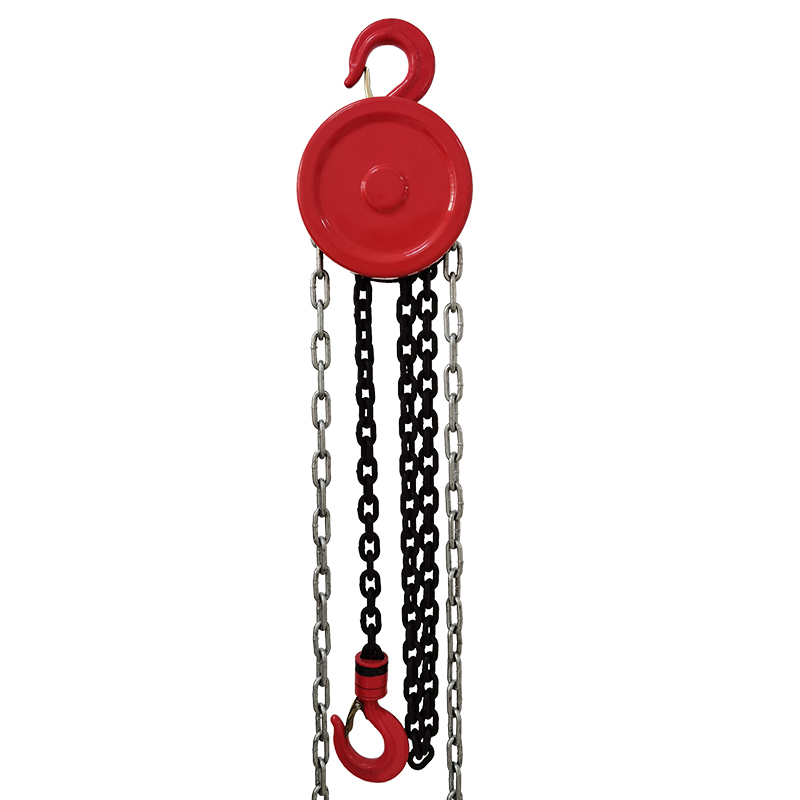


Understanding Chain Hoist Prices Factors and Considerations
Chain hoists are essential tools in various industries, including construction, manufacturing, and warehousing. They allow for the effective lifting and moving of heavy materials and equipment, making complex tasks more manageable and safer. However, when considering the purchase of a chain hoist, one of the most significant factors that buyers encounter is the price. Understanding the various elements that influence chain hoist prices can help consumers make informed decisions and choose the right equipment for their needs.
Basic Price Range
Chain hoist prices can vary widely depending on several factors. On the lower end, manual chain hoists can start at around $100 to $300. These models are typically less complex and suitable for lighter lifting tasks. Electric chain hoists, which offer more power and ease of use, generally range from $500 to $1,500 or more. High-capacity or specialized industrial hoists can exceed $3,000, depending on their specifications and features. The investment in a hoist should align with the intended application; thus, understanding your needs is paramount.
Types of Chain Hoists
The type of chain hoist significantly impacts the price. Manual chain hoists, often referred to as lever hoists or hand chain hoists, are less expensive but require more physical effort to operate. They are ideal for lighter loads and where power sources might not be available. On the other hand, electric chain hoists are more costly but offer increased efficiency and ease of use. They often come with additional features such as variable speed controls, remote operation, and overload protection, which add to their functionality and, consequently, their price.
Load Capacity

Another critical factor determining the price of a chain hoist is its load capacity. Hoists are designed to lift specific weight limits, and those with higher lifting capacities will typically cost more. For instance, a 1-ton electric hoist might cost significantly less than a 5-ton hoist, which requires sturdier materials and more robust engineering to ensure safety during operation. It’s essential to choose a hoist that matches the weight of the materials you commonly handle to avoid overloading and potential hazards.
Quality and Brand Reputation
The quality of the chain hoist and the reputation of the brand also play vital roles in pricing. Well-known manufacturers that adhere to rigorous safety standards and provide guarantees may charge more for their products. While it may be tempting to opt for cheaper alternatives, investing in a high-quality hoist can save money in the long run by reducing maintenance costs and enhancing safety.
Additional Features
Modern chain hoists often come equipped with several features that can influence the price. Options such as wireless remote control, adjustable speed settings, and integrated safety mechanisms (like emergency stop buttons) can significantly enhance usability and safety but typically come at a higher cost. Buyers must weigh their need for these features against their budget constraints.
Conclusion
In conclusion, the price of chain hoists is dictated by a myriad of factors, including the type of hoist, load capacity, quality, brand reputation, and additional features. Before making a purchase, it is crucial for buyers to assess their specific needs and consider how much they are willing to invest in equipment that will streamline their operations. By doing thorough research and comparing options across different suppliers, consumers can find the right chain hoist that fits their requirements and budget while ensuring safety and efficiency in their lifting tasks.



